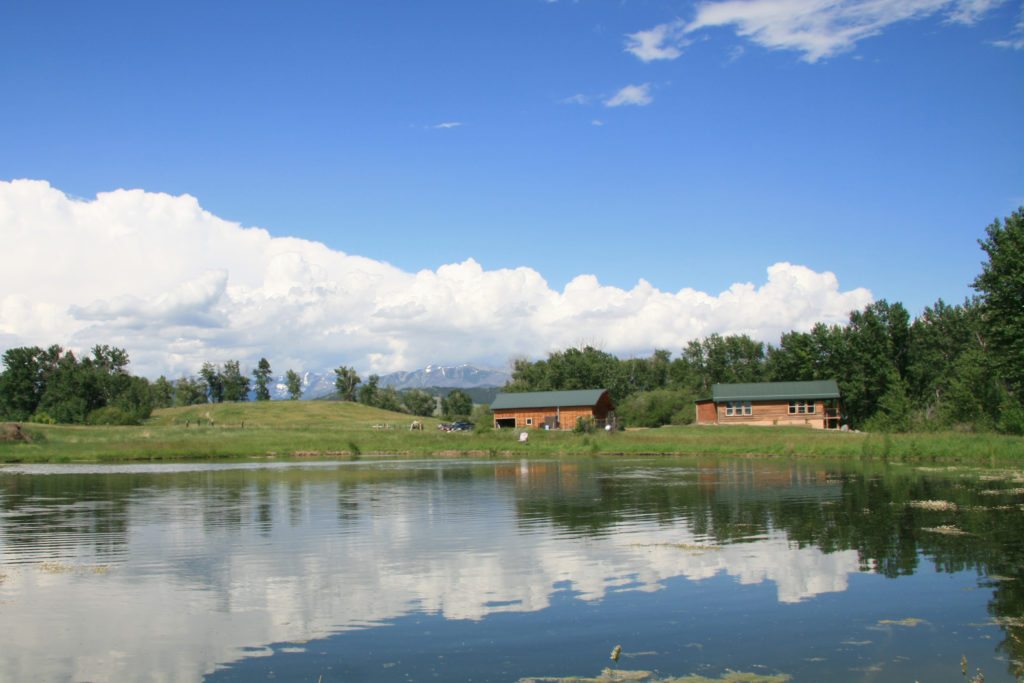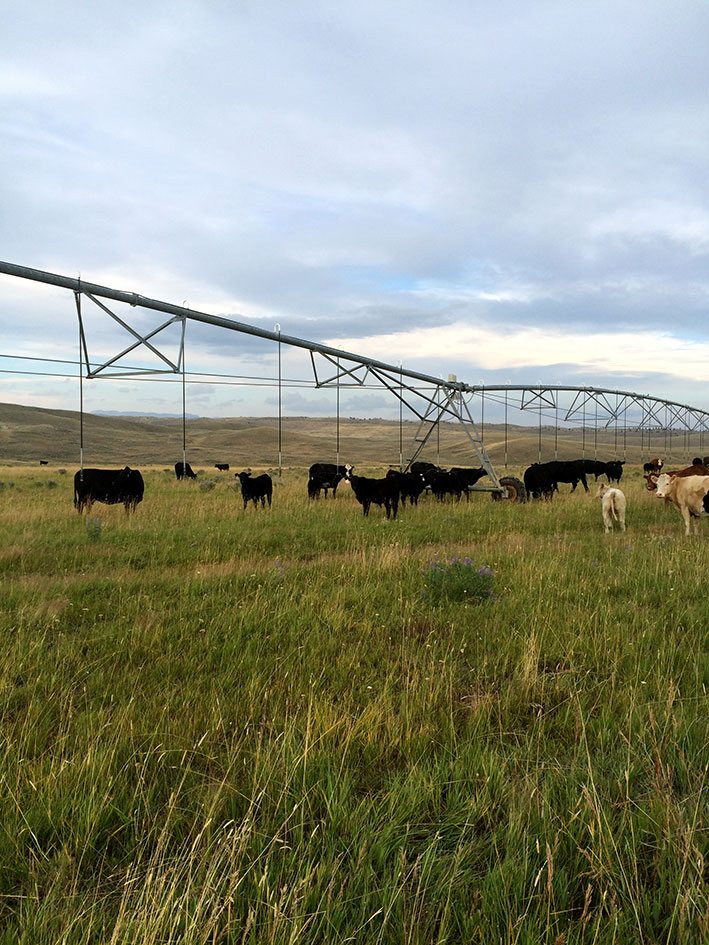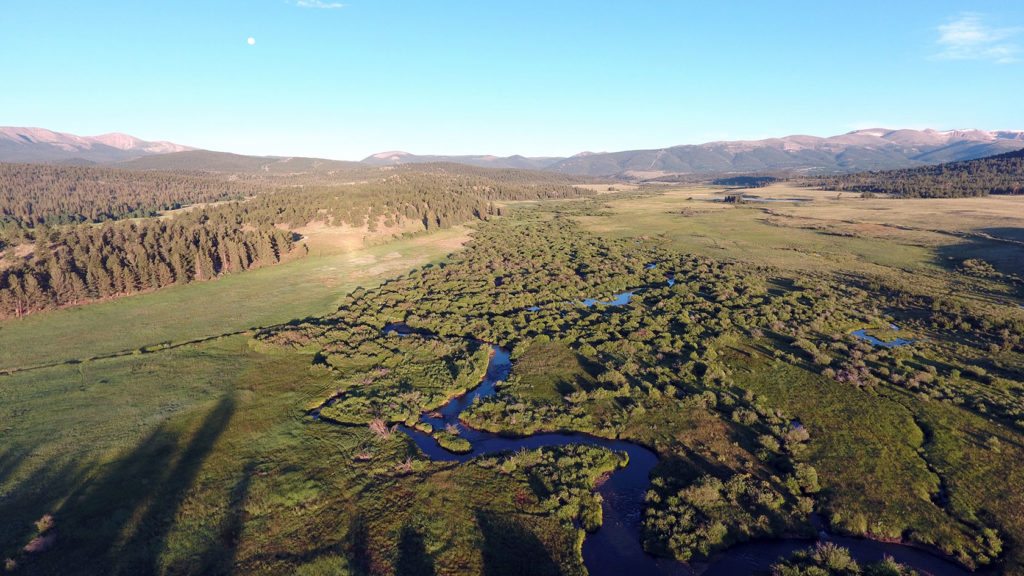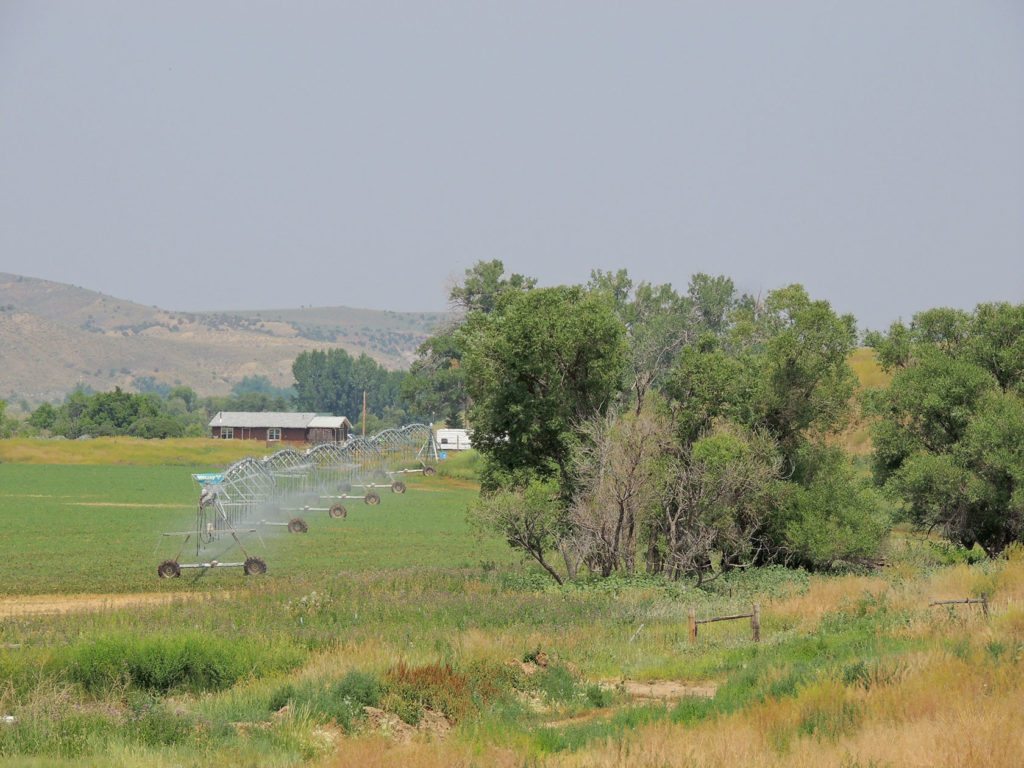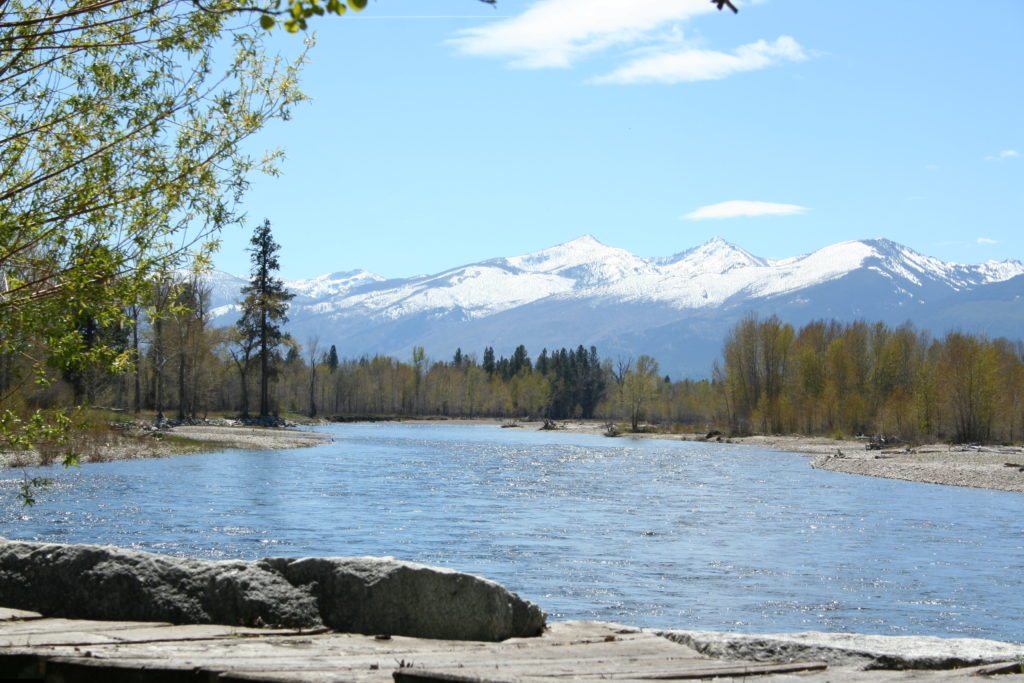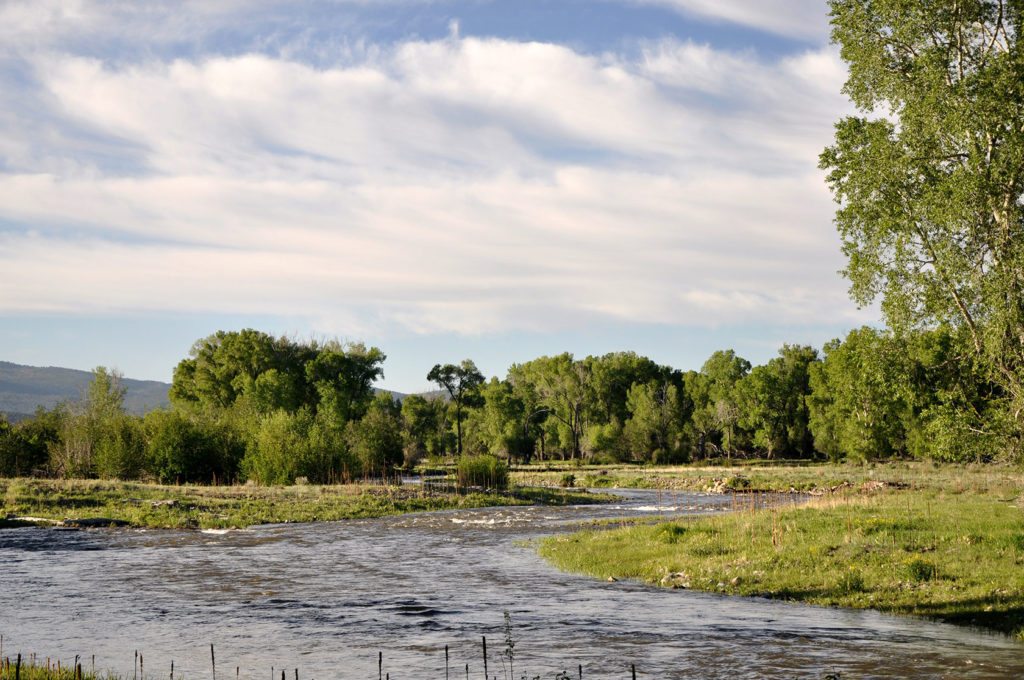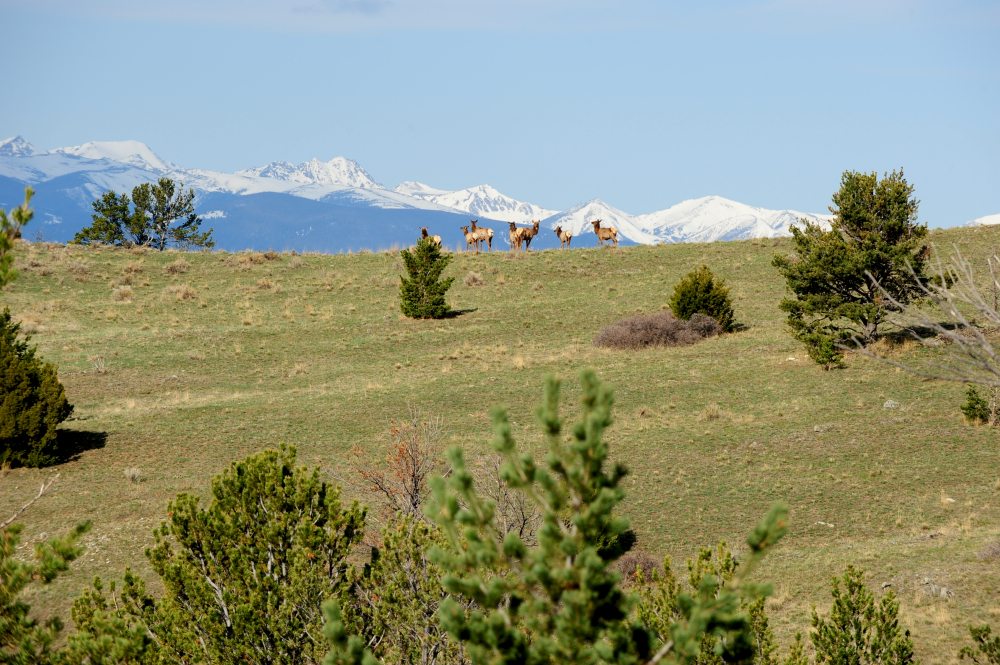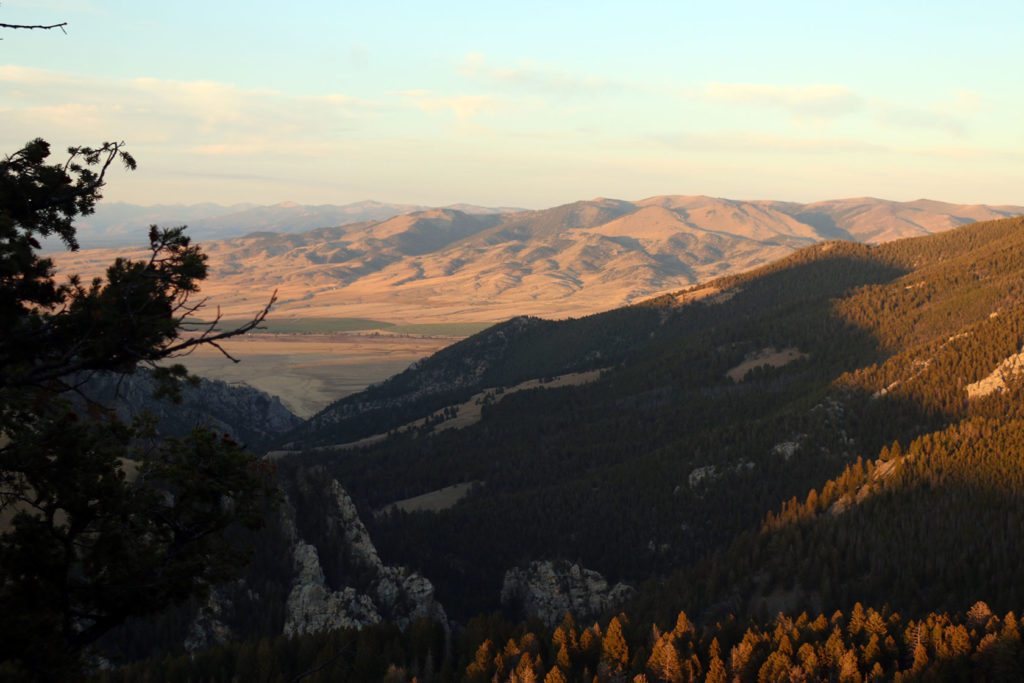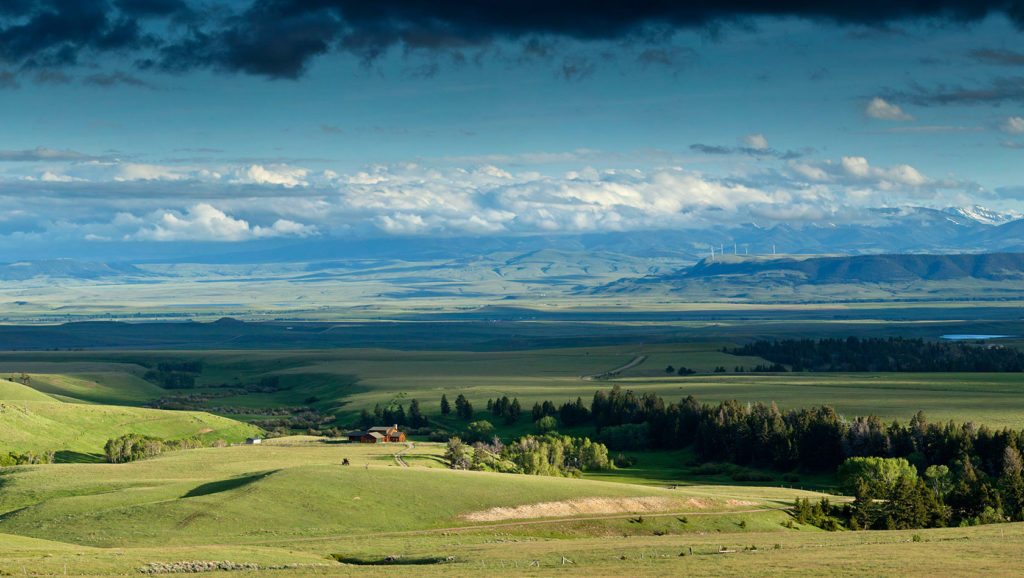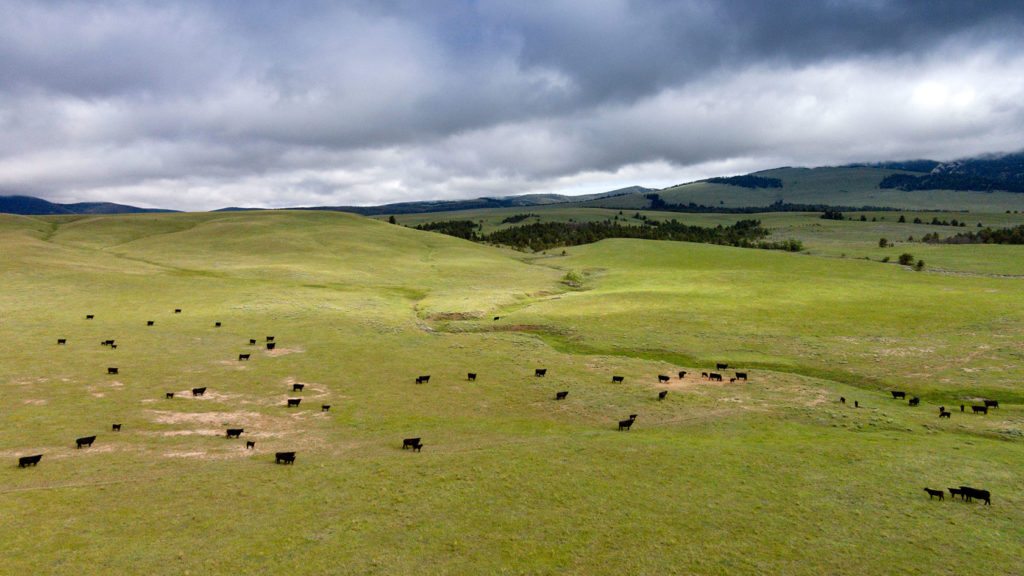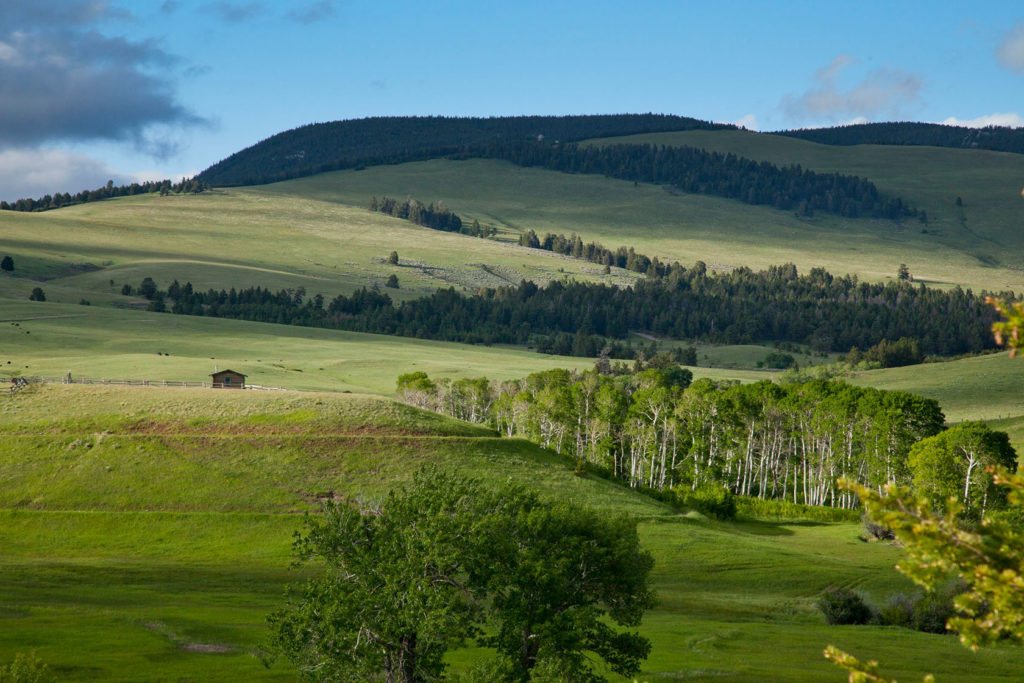Moving from the city to the country:
As ranch brokers, we have the opportunity to interact with buyers from all locations with different purchase objectives. Many have lived in homes with city services such as water, sewer, and garbage and are entering a new arena when making a purchase in rural parts of our country where these services are not available. Putting together a team of professionals to help you be comfortable and knowledgeable with your acquisition is important. Here are a few common considerations when buying land in the Mountain West:
Water Rights:
In Montana, landowners have a right to use water on their property for a specific use, such as domestic, irrigation, or livestock. Water rights are filed based on when they were put to use such as April 1, 1884, or July 29, 2014. The older rights have a priority over a subsequently filed right for the same use in the same drainage. If this is an irrigation right and water is scarce, the more recent right may be reduced or turned off to allow the older or senior right to have water for use. For irrigation rights, the District Court may appoint a “Water Master” or “Ditch Rider” to monitor diversion points in a water basin and make sure priority dates are followed when water is in short supply.
A Water Rights Attorney is a valuable asset to help you understand what water rights you may have and disclose any potential issues or opportunities these rights may provide.
Conservation Easements:
A landowner has a right to donate uses of their property to an organization to protect the property for the future and receive a tax benefit or cash from the donation. The uses that we see most often donated are subdivision rights, clear-cut logging and mining rights. While it may restrict the designated uses, it generally lowers the price on the property significantly allowing you to purchase more property for your money. Once these items are donated away from the property, they can seldomly be purchased back.
The main questions you as a buyer need to ask is “Are these uses I want/need with my new property,” or “Can I enjoy the property without these donated uses?”
Meeting with the conservation easement holder with your broker and/or attorney will help in deciding the importance of these issues.
Easements:
This is the legal right for you to cross over someone else’s property or their right to cross over yours. This may be a right for access to your property, or for irrigation water (ditches or pipe), utilities, or for a specific purpose (e.g. moving livestock). Your title policy will show exceptions, and your real estate attorney is able to explain how this may affect you and your use.
Noxious weeds:
As a land of immigrants, and by transporting goods around the world, sometimes unwanted guests arrive also. Noxious weeds are plants not native to our landscape that may arrive by boat, plane, train, or even on your clothes. These plants often invade our landscape as they lack the natural controls from their homeland, such as bugs, that limit their spreading. Chemical, mechanical, and biological controls are used to fight these invaders. You as a landowner need to know your responsibility to protect your neighbor and your ranch.
The local conservation district is an excellent resource to evaluate how this will affect the management of your property.
Smooth Transition:
This may be your first experience buying western ranch property. Our team at Live Water Properties is excited to help you make a smooth transition into your new Mountain West ranch by introducing you to local professionals who are experts at answering questions and providing quality services.


